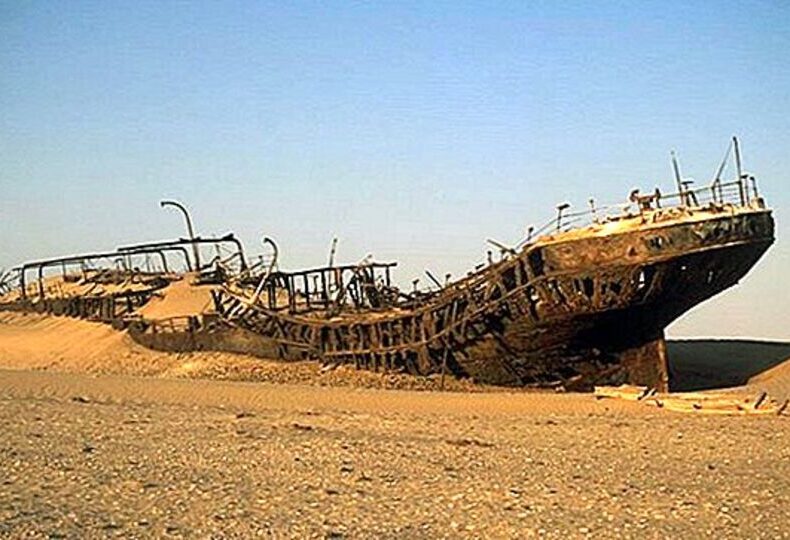
500-Year-Old Treasure in the Namibian Desert: The Incredible Discovery of the Sunken Portuguese Ship Bom Jesus
The world of archaeology was shaken by an extraordinary discovery in the Namibian desert. The Portuguese ship Bom Jesus (Good Jesus), which sank 500 years ago, emerged as a treasure chest full of gold coins and priceless historical artifacts. This discovery is much more than just finding a shipwreck; it’s a time capsule that sheds
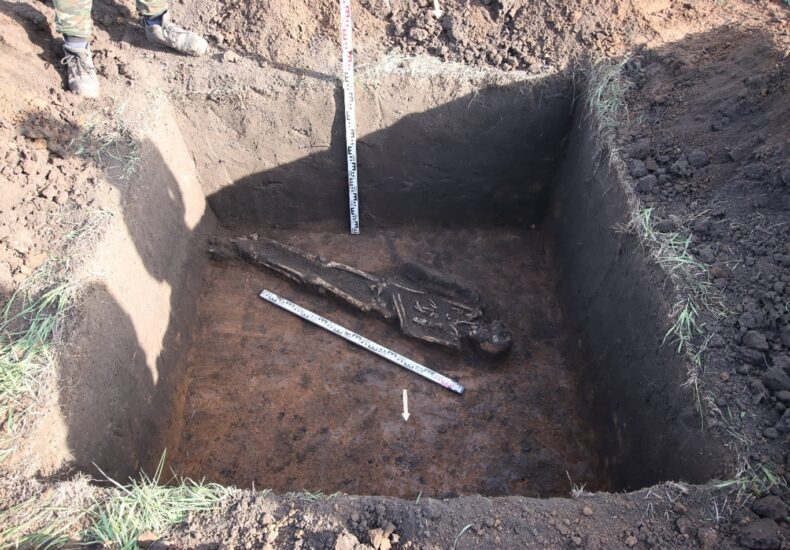
Archaeological Complex of the Golden Horde Period unearthed in Tatarstan
During historical and cultural studies conducted in the Alekseevski municipal district of Tatarstan, an archaeological complex consisting of two burial grounds and a settlement from the Bulgar-Golden Horde period was discovered. This complex, comprising “Sakon Cemetery I,” “Sakon Cemetery II,” and “Sakonskoye Settlement IV,” offers a glimpse into the lives and burial practices of medieval
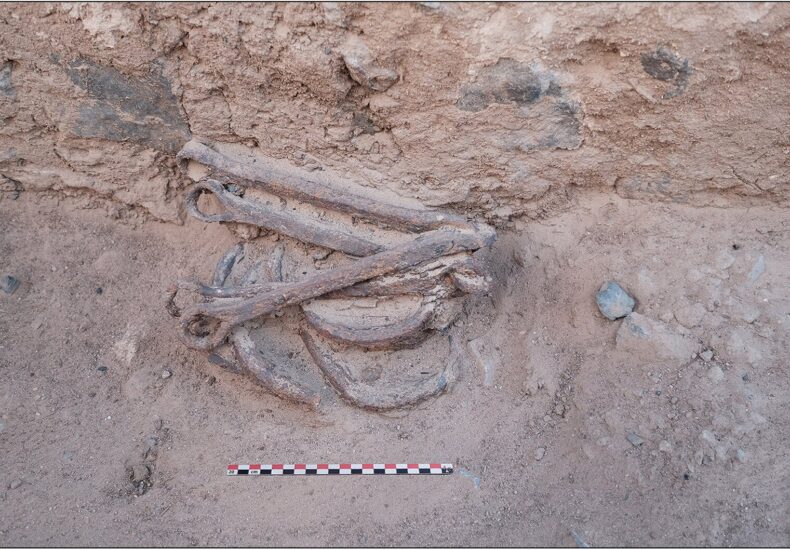
Evidence of Slavery in 2,300-Year-Old Egyptian Gold Mine: Iron Shackles Unearthed
Archaeological excavations in the Ghozza region of Egypt have uncovered compelling evidence that some workers in a gold mine dating back approximately 2,300 years to the Ptolemaic period were slaves. The iron shackles discovered at the excavation site indicate that forced labor was widespread in gold mining during this era. The research, led by historian
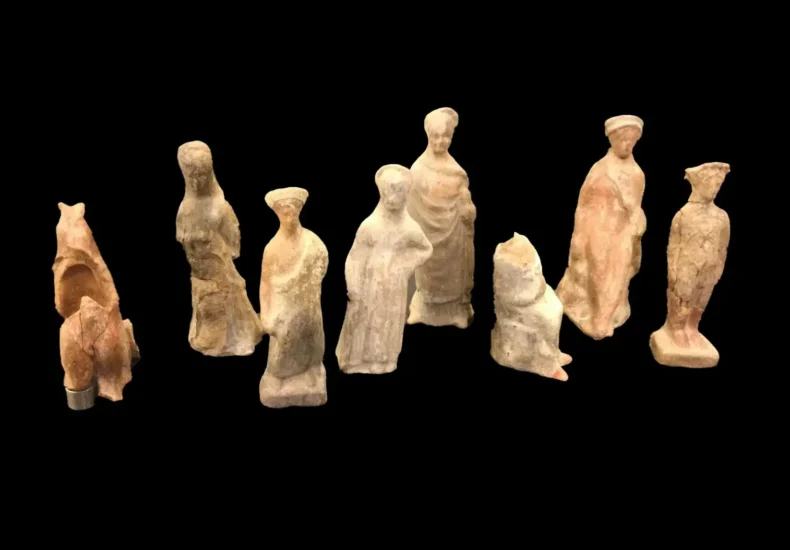
Mysterious Cult Center Dedicated to Artemis Tauropolos Discovered in Ancient Amphipolis
Archaeological excavations in the ancient city of Amphipolis, located in northern Greece, have unearthed a cult center dating back to the 4th century BC, believed to be dedicated to the hunting goddess Artemis Tauropolos. The team led by Professor Dimitris Damaskos of the University of Patras discovered the remains of a rectangular mudbrick structure during
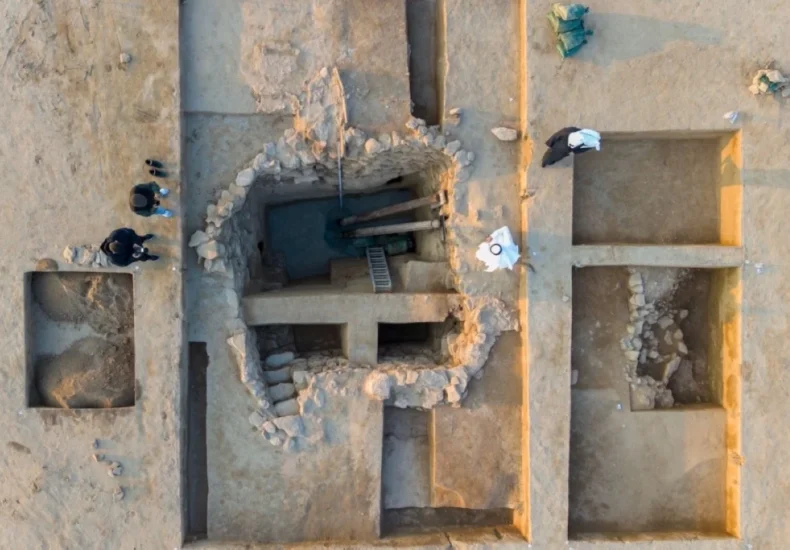
Historical Discovery on Failaka Island: 1400-Year-Old Water Well and Precious Stones Unearthed
Failaka Island has once again proven its significance on the stage of history with recent archaeological excavations. The discovery announced by the Kuwait National Council for Culture, Arts, and Letters (NCCAL) includes a large water well found in the courtyard of a magnificent house dating back to the 7th and 8th centuries AD in the
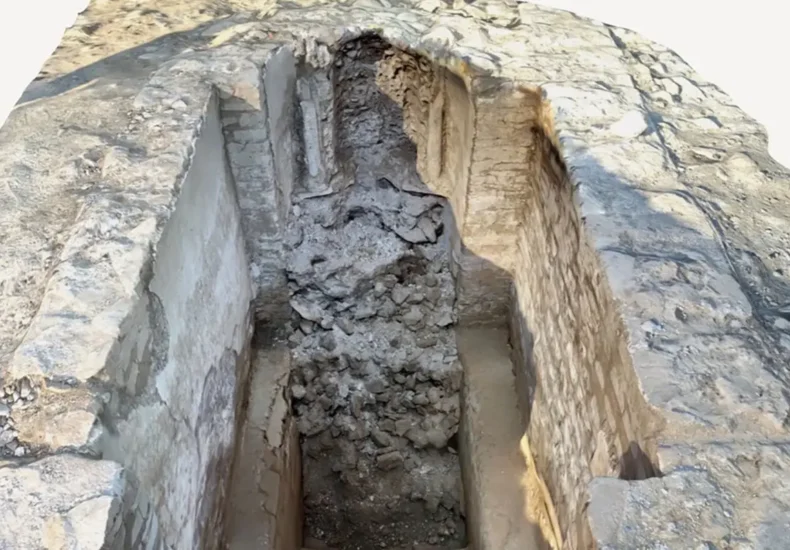
Archaeologists Discover a Jewish Ritual Bath in Ostia Antica
Recent archaeological excavations in ancient Ostia Antica, in the heart of the Roman Empire, provide striking evidence of the Jewish community’s presence in this important port city. Archaeologists have discovered a mikveh, a Jewish ritual bath, in a residential complex dating back to the late 4th century AD. This discovery allows us to trace the
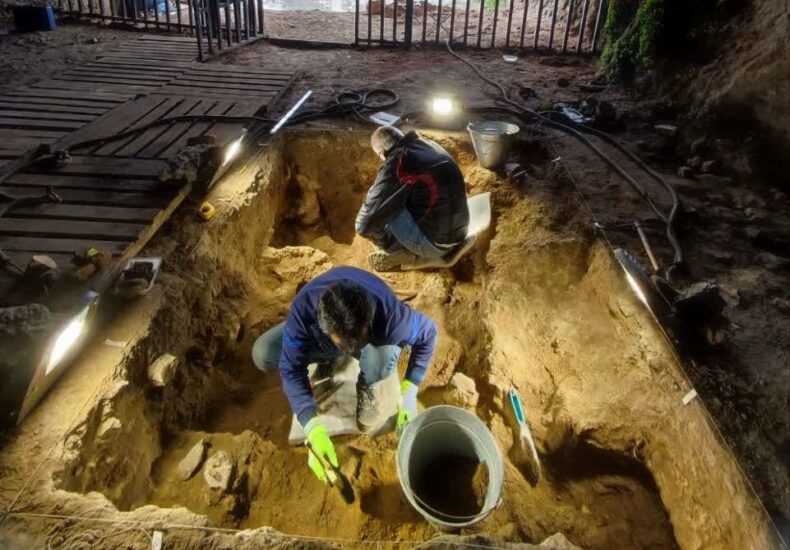
History Rewritten in Iran: 80,000-Year-Old Neanderthal Traces Discovered in Ghamari Cave!
Recent archaeological excavations in Ghamari Cave near Khorramabad in Iran’s Lorestan Province have revealed groundbreaking findings that shed light on the region’s prehistoric past. Iranian archaeologists have obtained strong evidence of Neanderthal settlement dating back 40,000 to 80,000 years. This discovery once again highlights the importance of Western Iran in human history. What Was Found
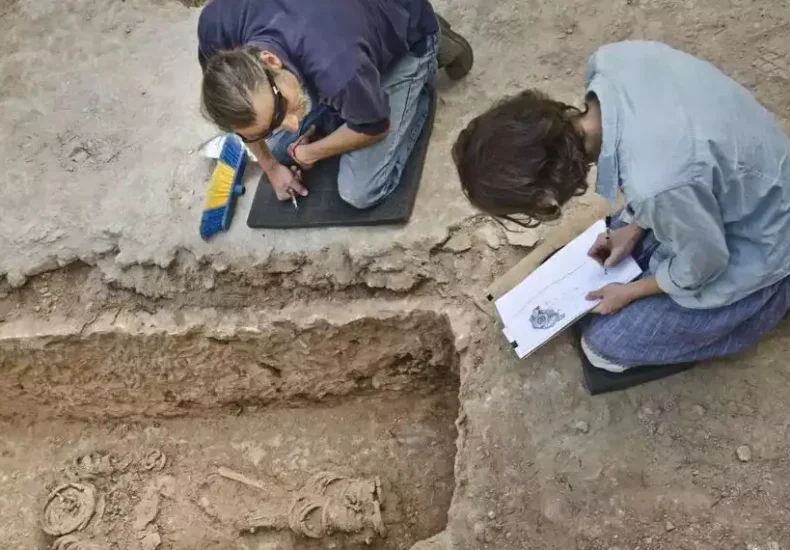
First Archaeological Evidence of Extreme Asceticism Discovered in Jerusalem
In an ancient Byzantine monastery near Jerusalem, the remains of a woman buried with 30 iron rings attached to her body have been found. This discovery represents the first archaeological evidence of extreme asceticism among female monks, a phenomenon previously known only from historical texts. Researchers from the Israel Antiquities Authority and the Weizmann Institute
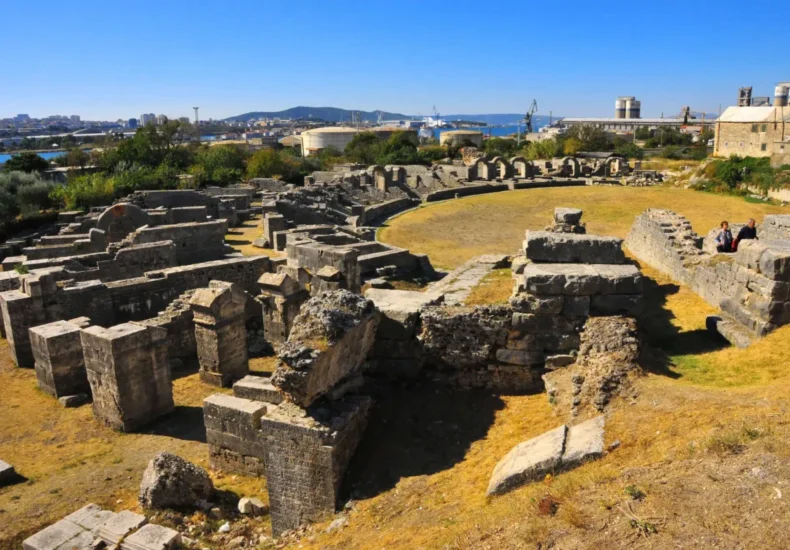
Tomb Discovered in Croatia Reveals Touching Story of Twins in Ancient Rome
Recent archaeological excavations in Trogir (ancient Tragurium), Croatia, have revealed a remarkable and heartbreaking discovery dating back to the 1st and 2nd centuries AD: the remains of twin babies buried side by side. This significant find, uncovered at the Dragulin cemetery near the ancient city of Tragurium, not only highlights the burial practices of the
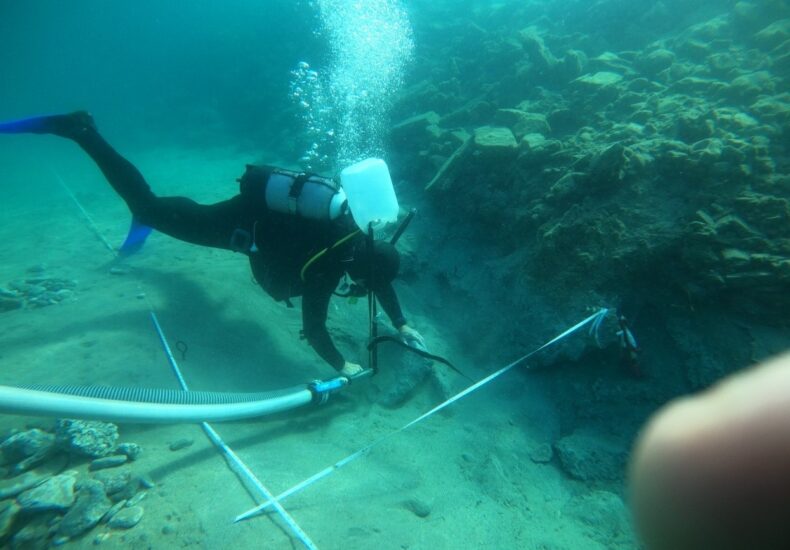
Discovery of Ancient Port Infrastructure at Asini: Findings That Reshape Mediterranean Maritime History
A groundbreaking discovery has emerged from the submerged site of Asini, located near Tolo in Argolis, Greece, where an international team of underwater archaeologists has uncovered significant remnants of an ancient port infrastructure. This finding is expected to transform our understanding of maritime history in the Mediterranean. The research is part of a larger underwater
